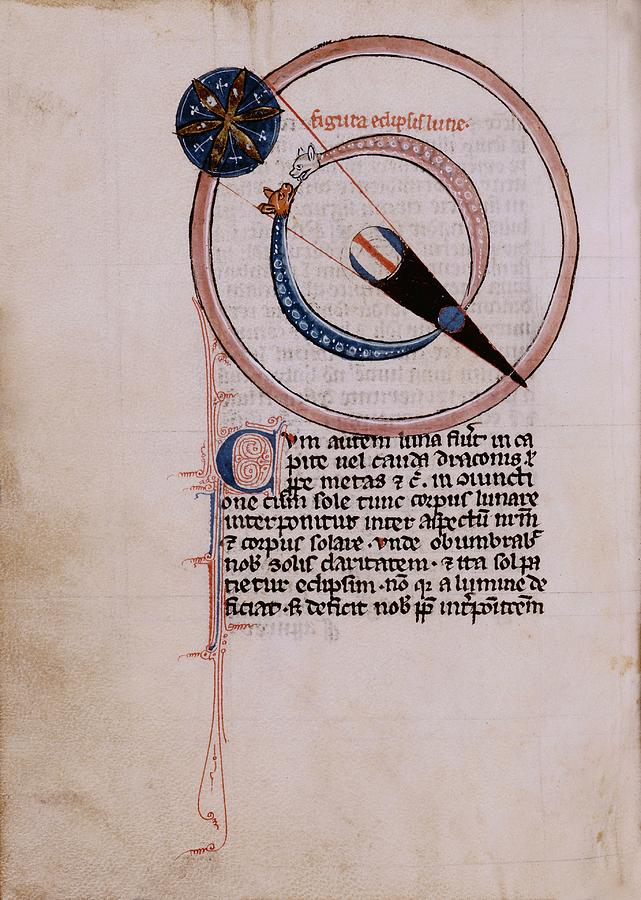
Understood the nature of the phenomenon ("the solar eclipse Pseudo Plutarch (Opinion of philosophers, II 24), Thales Which was held for one of the seven sages, has beenĪble to predict a solar eclipse. Few authors,īoth ancient and modern, have questioned that The Sun "for the year in which it occurred" (Survey I 74). In fact, according to the Greek historian Herodotus (about 484-425 BC), Thales had predicted to the Ionians an obscuration of the

Milet (VI th century before J.-C.) would be released veryĮarly from the belief in the divine causality of eclipses. Īccording to a legend firmly established, Thales of Men believing that the gods were the perpetrators. According to Democritus (460-370 before J.C.),Īmong the terrifying celestial events making About ancient Greece, it was no exception Or that demon who threatened to eat either the Moon or the Mexico, and even in Africa, it was such mythical animal Under the name Caput Cauda Draconis (Head and Tail of theĭragon). Nodes that make a complete revolution of the zodiac in 18 years and 6 months Long in the Western countries, astronomers designate these two The ascending and descending nodes of the Moon when the eclipses occur, In India, it was Rahu and Ketu, the two parts of aĭemon beheaded by Vishnu corresponding ,respectively to (the oldest Chinese word for eclipse, shih,

In Asia, a celestial dragon was supposezd to be

Or an evil genius threatens to turn off both lights.Ī fatal event we usually attempt to staveįorcefully with magic formulas to preventįorever. To a supernatural cause, the intervention of a god, a demon Without writing, a prodigious phenomenon such as anĮclipse of the Moon, and more of the Sun, has been reported In almost all ancient cultures and societies The description of the solar eclipse of September 26, 322 before J.C. A fragment of the 34093 shelf at the British Museum containing


 0 kommentar(er)
0 kommentar(er)
